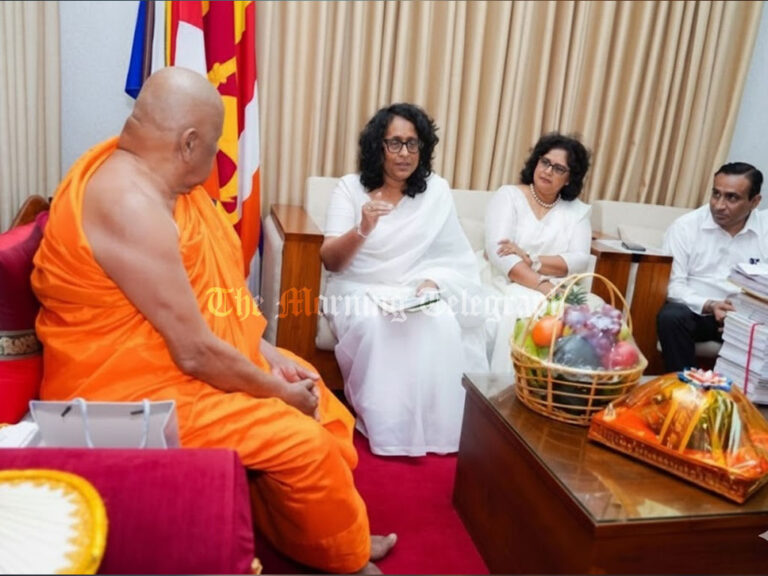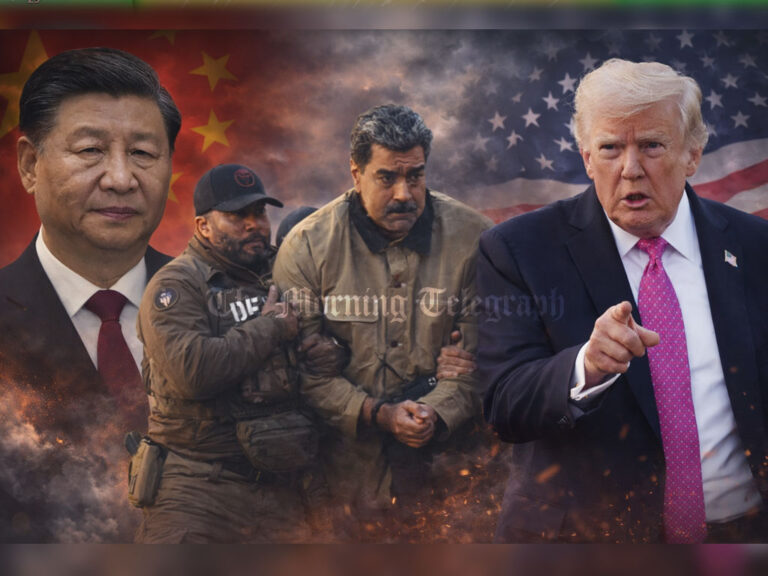
Former President Chandrika Bandaranaike Kumaratunga (CBK), speaking at the 45th National Conference of Chartered Accountants, made a jaw-dropping revelation, recounting an audacious moment during her time as Prime Minister. She shared that she was once offered an astonishing bribe of USD 5 million, presented by the husband of a junior minister in her own government, alongside a Singaporean businessman.
The sheer boldness of such an attempt, aimed at a sitting Prime Minister, is staggering, highlighting the intense pressures and moral dilemmas leaders often face behind the scenes. She however claimed she did not accept it but rather chased them out of her office and threatened to have them arrested. She claimed that she told them “Get out from here now before I have you arrested.”
CBK’s tenure as Prime Minister, though brief, from May to November 1994, occurred during a transitional period in Sri Lankan politics. During this time, D.B. Wijetunga held the presidency. Her elevation from Prime Minister to President soon after speaks to the significance of her political journey, but this shocking bribery attempt only deepens the intrigue surrounding her time in office.
What truly perplexes and alarms many, however, is the timing of CBK’s disclosure. Nearly 30 years have passed, and the question on everyone’s mind is: why bring this explosive issue to light now? More curiously, why did she refrain from making an official complaint to the Commission to Investigate Allegations of Bribery and Corruption when the incident occurred? The silence of the past three decades makes this revelation all the more surprising and thought-provoking.
CBK chose to raise this issue while addressing the importance of ethical values in governance, emphasizing integrity in leadership. With an air of righteous defiance, she also took a pointed swipe at a former president, accusing him of not only tolerating corruption but encouraging his politicians to steal, so long as they did it subtly enough not to get caught. Her boldness in addressing such deeply rooted issues leaves a lasting impression on the audience, reminding all of the murky waters of political leadership and the ongoing fight for moral uprightness in public office.




